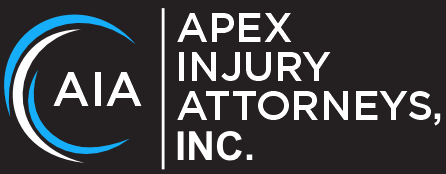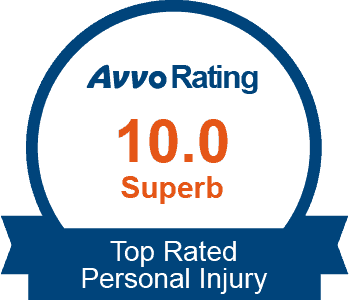
Understanding Your Legal Rights When the At-Fault Party Is Deceased
A serious car accident can leave victims dealing with overwhelming injuries, emotional distress, and financial hardship. But what happens if the at-fault driver passes away after the crash—whether from the collision itself or unrelated causes?
Many people assume that if the responsible party dies, their ability to pursue compensation dies with them. Fortunately, that is not the case. In most situations, the victim still has the legal right to file a personal injury claim and recover damages. The process, however, may look a little different.
⚖️ Yes, You Can Still File a Claim—Here’s How It Works
If the at-fault driver dies, their estate becomes the legal stand-in for the purposes of a lawsuit or insurance settlement. The estate includes all of the deceased person’s financial assets and legal responsibilities, which are managed by an executor or personal representative.
In a personal injury case, you would file the claim against the estate, rather than the individual directly.
🧾 Steps for Filing a Claim Against a Deceased Driver’s Estate
Here’s how the process typically unfolds:
-
File a claim with the at-fault driver’s auto insurance
-
Most claims are still processed through insurance, not the individual’s assets.
-
Auto insurance coverage remains valid even after the policyholder’s death, as long as the policy was active at the time of the crash.
-
-
If necessary, file a lawsuit against the estate
-
If the insurance does not fully cover your damages, you may pursue a civil lawsuit for the remainder.
-
The executor of the estate will represent the deceased in legal matters.
-
-
Act quickly—time limits may change
-
Some states shorten the statute of limitations when a defendant dies.
-
An attorney can help ensure you file all necessary paperwork within the correct timeframe.
-
🚧 When the At-Fault Driver Dies Because of the Accident
If the at-fault driver was killed in the accident that injured you, the same legal process still applies. You may feel hesitant about pursuing a claim under such tragic circumstances, but it is important to remember:
-
Your claim is not personal—it’s legal
-
Compensation is necessary for your medical bills, income loss, and recovery
-
You are not suing grieving family members—you are filing against an estate or insurance policy
It is possible to remain respectful while still protecting your legal and financial well-being.
💰 What Damages Can Still Be Recovered?
The compensation available in these cases is typically the same as any other personal injury claim, including:
-
Medical expenses
-
Lost wages
-
Pain and suffering
-
Emotional distress
-
Property damage
-
Future care costs or diminished earning capacity
If the insurance limits are exceeded, and the estate has assets, a court may award additional compensation from the estate itself.
⚠️ What If the Estate Has No Money or Assets?
If the at-fault driver was uninsured or their estate has no assets, recovery becomes more difficult—but not impossible.
Options may include:
-
Filing a claim with your own uninsured/underinsured motorist (UM/UIM) coverage
-
Exploring other liable parties (e.g., employer, vehicle owner, third-party drivers)
-
Applying for victim compensation programs (in rare cases)
A personal injury attorney can investigate all available avenues for compensation.
🧠 Why Legal Representation Matters Even More in These Cases
Claims involving deceased drivers can be emotionally sensitive and legally complex. A skilled attorney can help by:
-
Navigating estate law and probate processes
-
Communicating with insurance adjusters and estate attorneys
-
Ensuring deadlines are met despite shifting timelines
-
Building a strong claim backed by evidence and expert evaluations
✅ Conclusion: Justice Doesn’t End With the At-Fault Driver’s Life
The death of the at-fault driver does not erase your injuries—or your right to seek justice. While it may add complexity, the law provides a clear path to compensation through insurance and estate claims. If you have been injured in a crash and later learn the responsible driver has passed away, do not give up hope.
Speak with a personal injury lawyer to understand your options and ensure your rights are fully protected. Your healing journey—and your financial stability—deserve to move forward.





